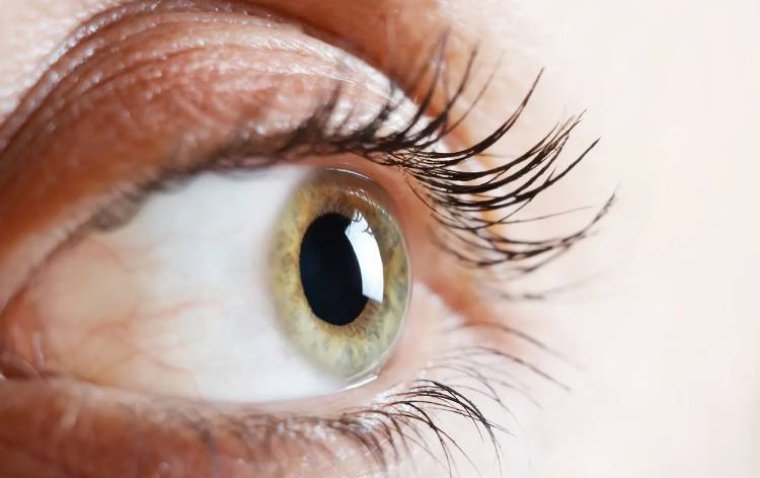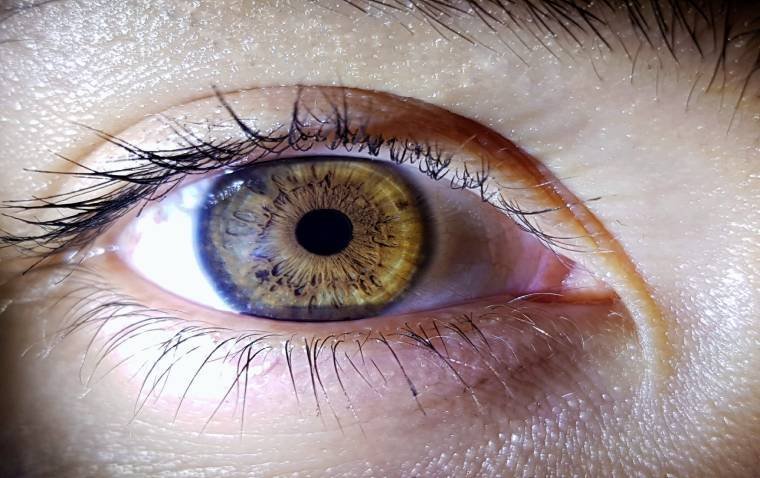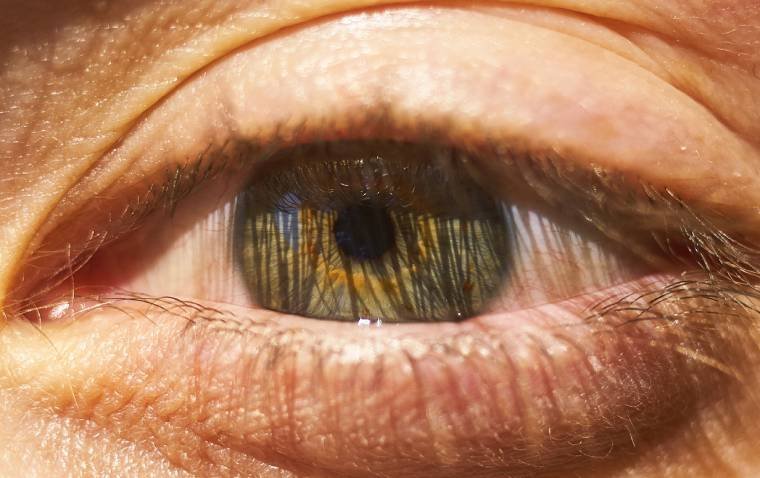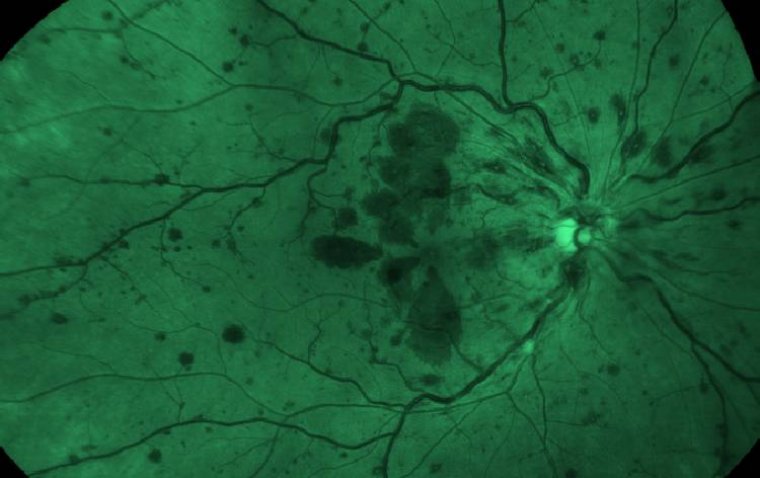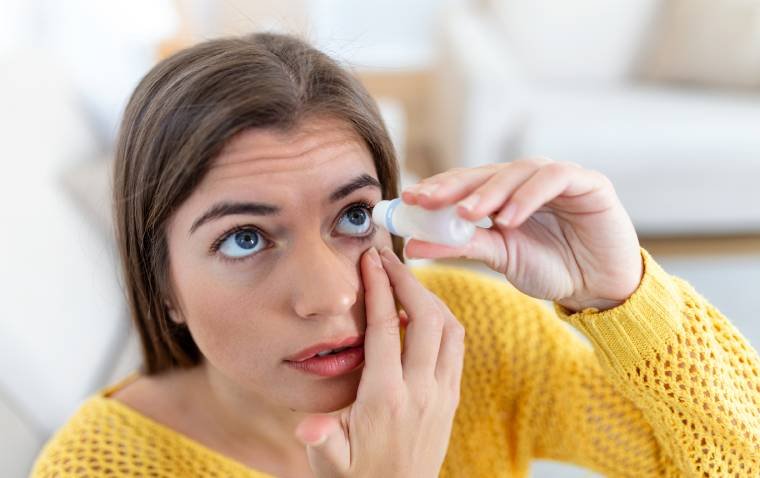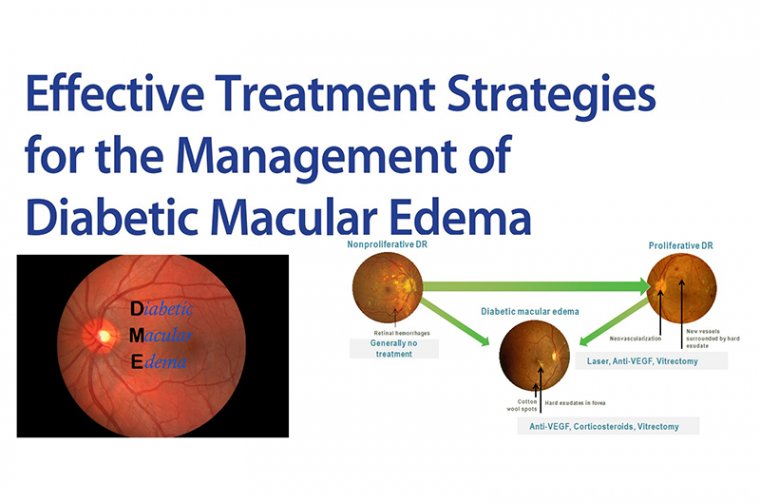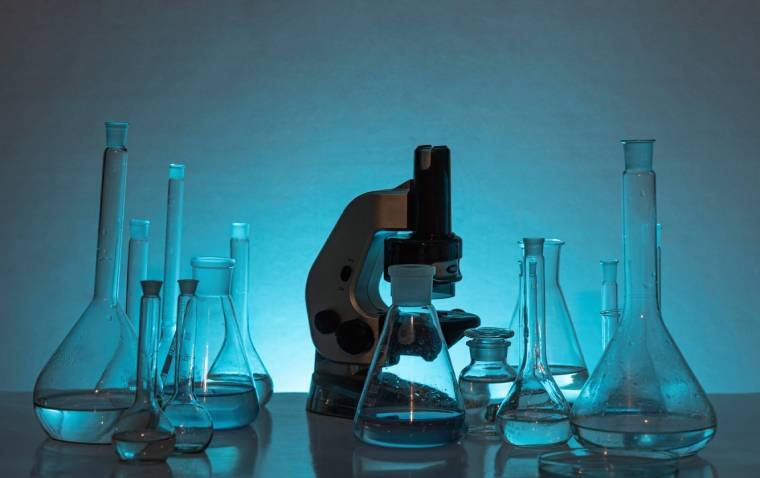
Study Finds Older Women at Higher Risk of Inflammation from Gene Therapies for Eye Diseases
A new study led by the University of Bristol, published in Molecular Therapy, has revealed that older women may be more vulnerable to harmful inflammation from emerging gene therapies for incurable eye diseases. The research highlights the need for personalized treatment strategies to minimize risks and improve outcomes, particularly for older female patients.
Gene Therapy and Its Potential in Treating Eye Diseases
With approximately 2 million people in the U.K. living with sight loss, many are affected by incurable eye conditions such as age-related macular degeneration (AMD), glaucoma, and diabetic eye disease.
While these diseases were once considered untreatable, recent advancements in gene therapy offer promising solutions. However, clinical trials have reported unexpected eye inflammation in some patients, leading to vision loss, prompting researchers to investigate the causes behind these adverse reactions.
AAV Gene Therapy and Its Challenges
Adeno-Associated Virus (AAV) is commonly used in gene therapy as a delivery system to transport therapeutic genes into cells at the back of the eye. This approach helps cells function normally and prevents disease progression.
However, the immune system may recognize the AAV vector as a threat, triggering an inflammatory response that can limit the effectiveness of the therapy and restrict necessary dose adjustments.
Study Findings: Age and Gender Influence Inflammatory Responses
The research team conducted a comparative study using animal models to observe how male and female eye cells of different ages—young, middle-aged, and older—responded to AAV gene therapy.
Key findings from the study include:
• Young male and female eye cells exhibited similar short-term immune responses.
• Aging increased the severity and duration of inflammation in both genders.
• Older female eye cells displayed a stronger stress and inflammatory response, linked to retinal damage and a higher risk of harmful reactions compared to older male cells.
Implications for Personalized Gene Therapy in Eye Care
According to Dr. Alison Clare, Senior Research Associate at the Bristol Medical School: Translational Health Sciences (Ophthalmology) and the study’s lead author:
"Our findings are the first to demonstrate age and sex influences the risk of significant adverse inflammatory reactions in the eye to gene therapies. The research has highlighted the critical need to separate patients for gene therapy treatment based on gender, age and risk. It also underlines the need to understand the risk-reward benefit of gene therapy and indicates older female patients could be at risk for serious adverse effects from any prospective eye gene therapy."
A Call for Gender- and Age-Specific Gene Therapy Approaches
The study underscores the importance of personalized treatment plans in gene therapy, particularly for older women, who may be at greater risk of inflammation-related eye damage. This research paves the way for developing management strategies to improve the safety and efficacy of gene therapies for eye diseases, ensuring that patients receive treatments tailored to their specific needs.
Reference:
Alison J. Clare et al, Characterization of the ocular inflammatory response to AAV reveals divergence by sex and age, Molecular Therapy (2025). DOI: 10.1016/j.ymthe.2025.01.028
(1).jpg)


